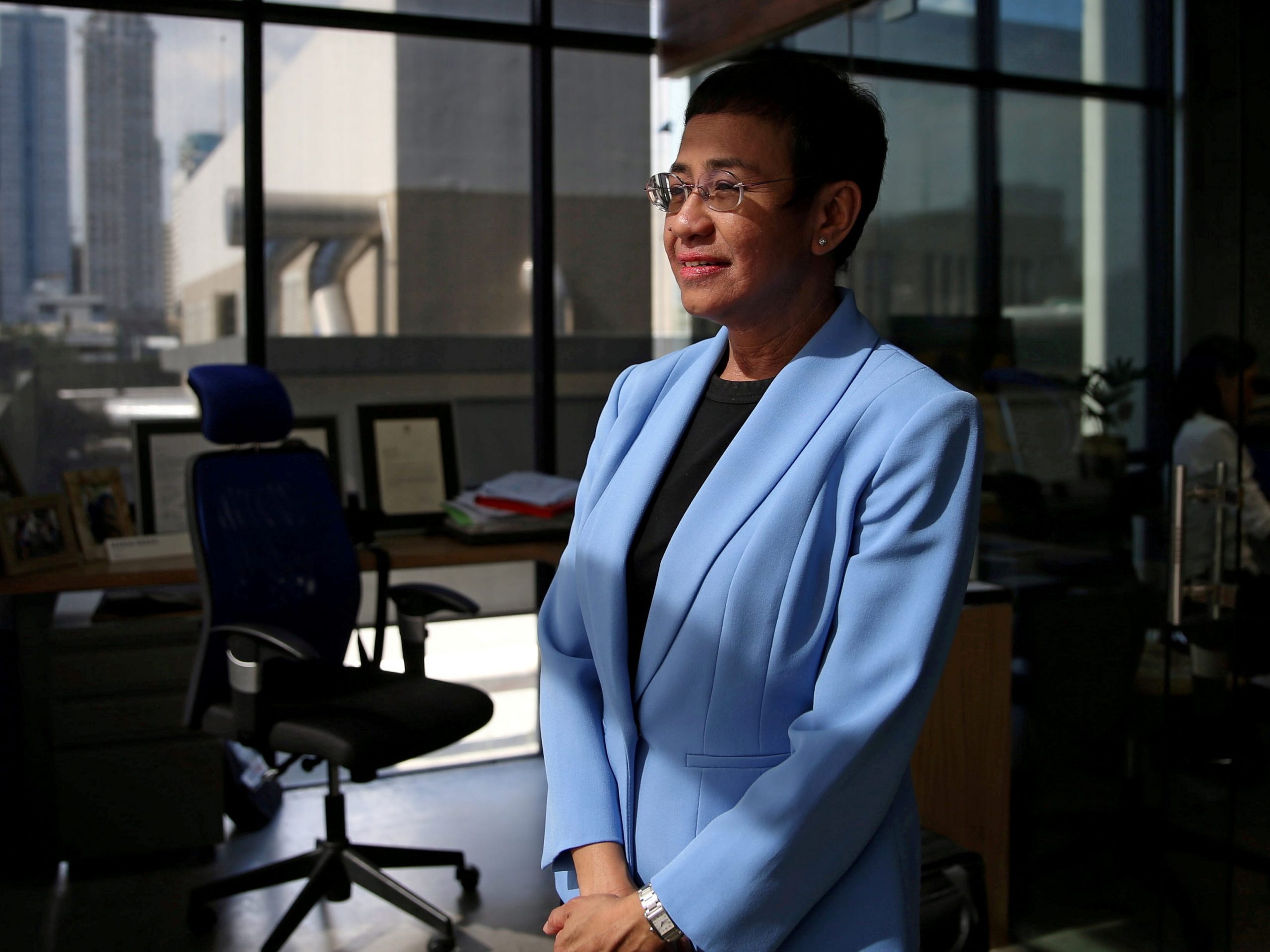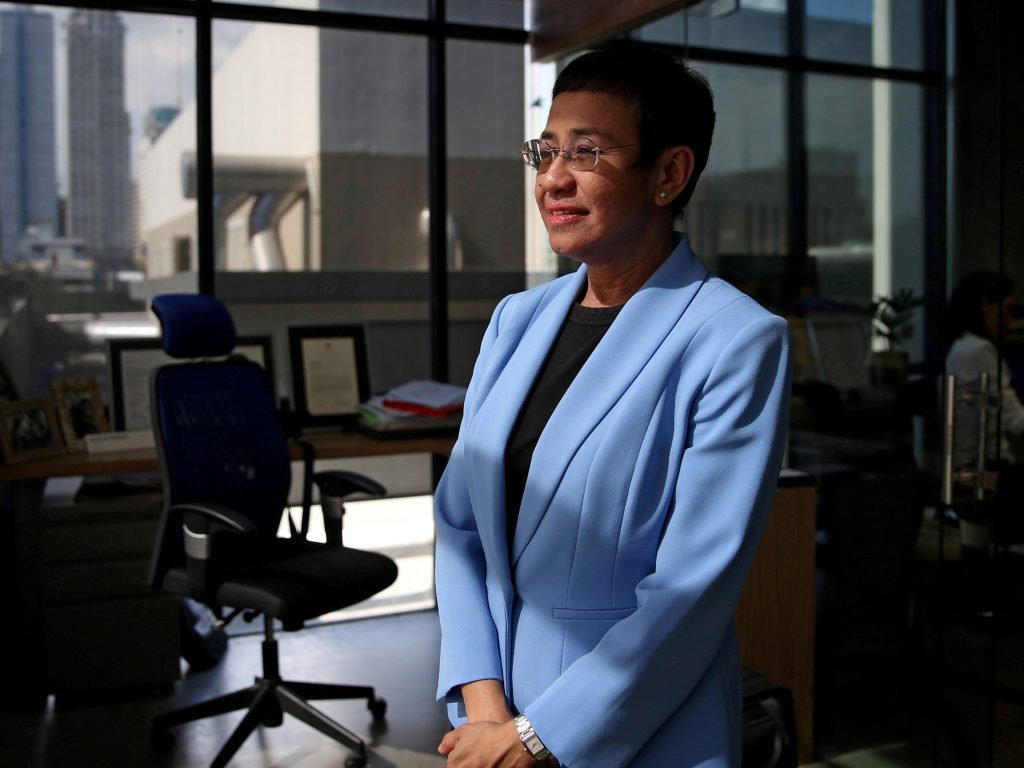
- Maria Ressa, who won the 2021 Nobel Peace Prize this week, criticized Facebook's practices.
- Facebook has struggled with misinformation rapidly spreading on its platforms.
- The company continues to face criticism over its handling of misinformation.
Journalist and activist Maria Ressa, who received the coveted Nobel Peace Prize on Friday, criticized Facebook for spreading misinformation and lies "laced with anger and hate," the Guardian reported.
Facebook, which Ressa called the world's largest distributor of news, is "biased against facts" and "biased against journalism," posing a threat against democracy as the platform continues to allow bad actors to sow disinformation.
"If you have no facts, you can't have truths, you can't have trust. If you don't have any of these, you don't have a democracy," Ressa told the Guardian in an interview.
The Nobel Committee awarded Ressa and Russian journalist Dmitry Muratov the 2021 Nobel Peace Prize this week for their "efforts to safeguard freedom of expression, which is a precondition for democracy and lasting peace."
Ressa, CEO of independent online newspaper Rappler, was lauded by the international community after being charged and arrested by the Philippine government, supposedly in retaliation for her paper's critical coverage of Philippine President Rodrigo Duterte's policies and human rights violations surrounding his "war on drugs."
Though Rappler began on Facebook's platform, the Filipino journalist has been critical of Facebook on its policies toward leaders like Duterte and its role in developing countries and non-democratic regimes.
Facebook has struggled to make an impact on battling misinformation on its various platforms, including Instagram and WhatsApp. The company has spent upwards of 2.8 million hours trying to identify of false or misleading information on its platforms, and even tried to designate "expert moderators" in a bid to crackdown on misinformation.
A study found misinformation sources get six times the engagement on Facebook compared to reputable news sites, and the company previously said that misinformation and racism will "inevitably" always exist on its platforms.
This comes as a Facebook whistleblower leveled accusations against the social media giant for its negative effects on society and its ineffectiveness in tackling those issues.
The whistleblower and former Facebook employee, France Haugen, published thousands of pages of Facebook research, which touched on how Facebook CEO Mark Zuckerberg allows hateful content on the platform to reach more people and how the company pushes harmful attitudes around mental health and body image on teenagers.
The US government has also come down hard on the platform for not acting quicker to take down bad information, especially around COVID-19 and its vaccines.
Insider reached out to Facebook for a response toward Ressa's comments, but the company has not yet responded.
